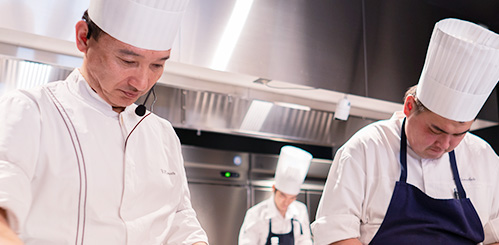[Tokyo Tatemono 1/2] Basque Culinary Center’s first co-creation event of Japanese food “players” attracts 60 participants from 30 companies.
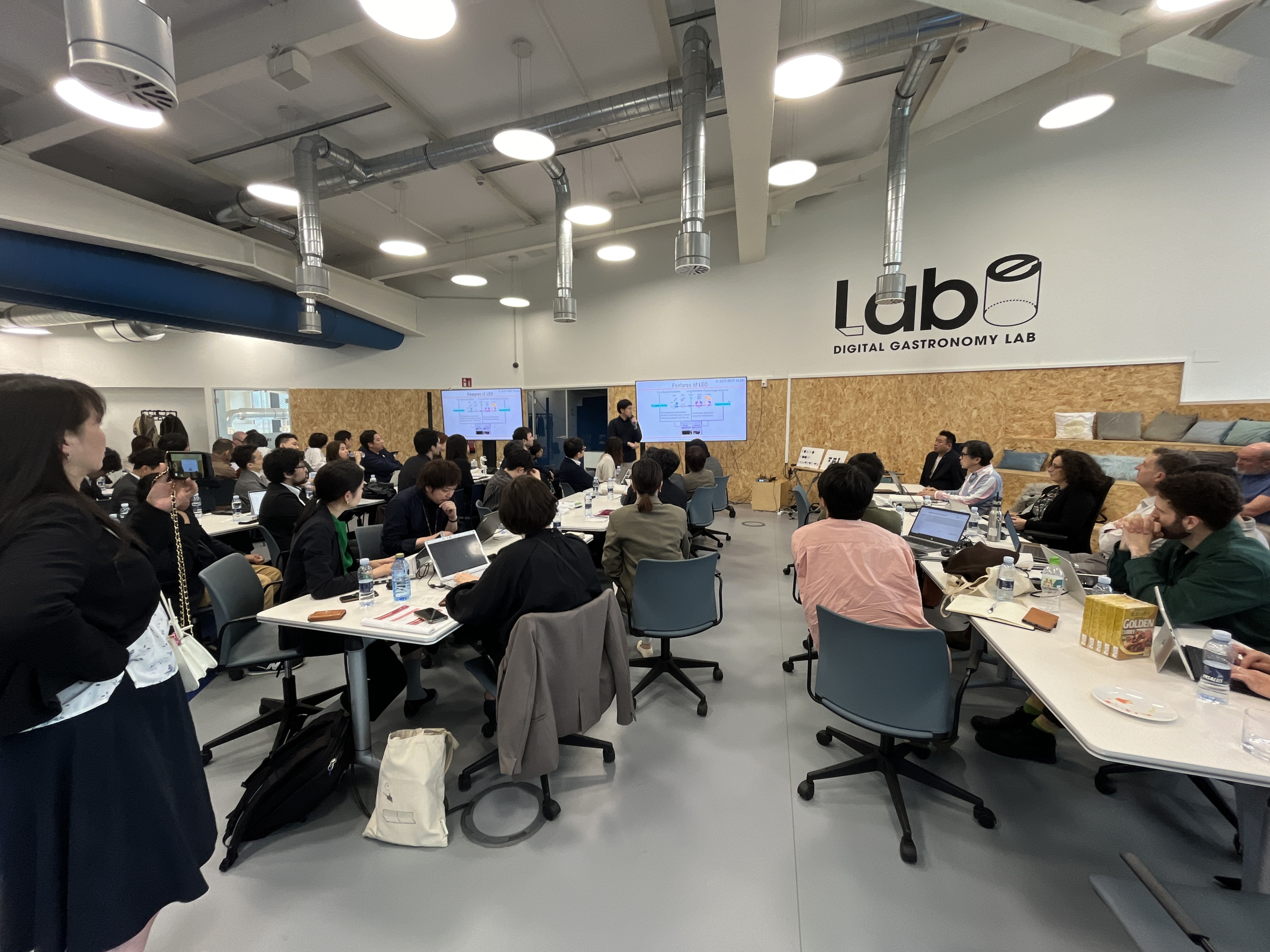
Founded in 2011 in San Sebastian, Basque Country, Spain–a city renowned for its fine cuisine, the Basque Culinary Center (BCC) is attracting attention from around the world as a cutting-edge academic institution that combines gastronomy and science to explore the world of food from diverse angles.
On April 15, 2024, Tokyo Tatemono and Tokyo Food Institute (TFI) co-hosted BCC’s first event for Japan, “BCC Workshop”. We spoke to Tokyo Tatemono’s Akihiro Sawada and Yuki Yoshida about the event, which took place the day before the opening day of “Food 4 Future”, Europe’s largest foodtech exhibition.
What is the campus concept created by BCC and Tokyo Tatemono?
Tokyo Tatemono is currently working with BCC on the Tokyo Gastronomy Innovation Campus initiative. For over 10 years, BCC has cultivated a rich knowledgebase. With the aim of installing this know-how in the heads of players in the food industry in Japan, the collaborating organizations plan to open a school i in 2026 in Tokyo Tatemono’s Yaesu headquarters.
“It’s not just the lectures at BCC that have driven its food innovation. Through the fusion of different fields by co-creating with academia, research institutes, startups, government agencies and others, BCC has created innovation. In Japan, we want to create a place where innovations unique to Japan are given birth through cross-discipline co-creation that brings together BCC’s knowledge with major food companies and startups. For that reason, in addition to the campus functions, the Tokyo Gastronomy Innovation Campus will also have a cafe incorporating the concept of a living lab,” explained Akihiro Sawada.
As pre-opening introduction to what the school will offer, Tokyo Tatemono and TFI will hold a one-day course, “Gastronomy Innovation Education Program” (link: https://tokyofoodinstitute.jp/column/gastronomy-innovation/), in October 2023. Two chef researchers from BCC Innovation came to Japan and held a two-part seminar, one for R&D personnel and scientists from food companies, and one for chefs.
“The purpose of the one-day event was to introduce BCC and its approach to the science of gastronomy to Japan. In the next phase, we planned for Japanese food players to visit BCC and make a presentation about their businesses to them, with the aim of participants exploring the possibility of co-creation,” said Akihiro Sawada.
The BCC workshop was attended by 60 people from 30 companies. They included people from large food-related companies, startups, government and academia as well as chefs and venture capitalists (VCs). The date was adjusted to the day before “Food 4 Future” to make it easier for people from Japan to participate in the BCC on-site workshop. In the workshop, 18 companies gave a four-minute pitch, followed by four minutes of Q&A from BCC. As the presentations were in English, TFI advisor Hitoshi Tonomura also held an “Overseas Presentation Dojo” two weeks before the trip to Europe. Using materials prepared by each company, he gave a lecture on presentation techniques that are effective on a global stage.
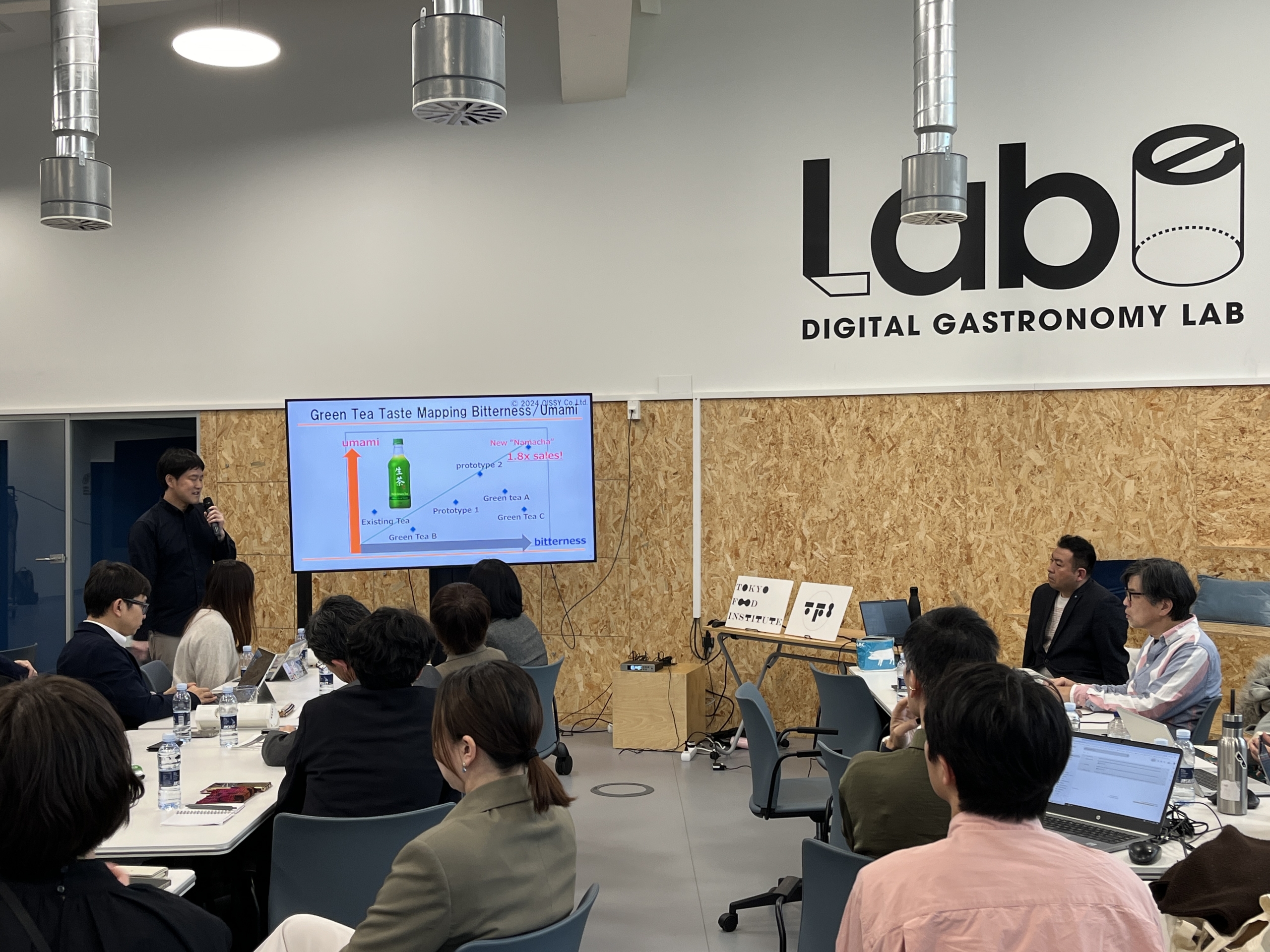
“For example, Japanese companies tend to start their presentations with an explanation of their company history. However, overseas presentations demand a focus on key points such as current efforts and challenges from the start. With advice from Tonomura, who has served as a bridge between various startups and companies in Silicon Valley, the presentation skills of each company improved dramatically,” observed Tokyo Tatemono’s Yuki YOSHIDA.
Through the workshop, co-creation with BCC transformed from concept to a concrete vision.
After arriving on-site and touring the BCC campus, participants moved to BCC’s LABe, which houses the digital gastronomy innovation lab where they made their pitch.
Yuki YOSHIDA commented on the Workshop,“It was impressive to see the proactive attitude and approach of BCC to this workshop with Japan. This time, Tokyo Tatemono invited five startups using a subsidy from TOKYO SUTEAM, a startup support program run by the Tokyo Metropolitan Government; however, all other companies participated at their own expense. BCC responded to the enthusiasm of the Japanese companies with participation by five BCC members, including a global strategy officer and a master class curriculum officer. The question and answer session was lively and conveyed a sense of great potential for co-creation.”
Tokyo Tatemono’s Akihiro Sawada also remarked on the Workshop, “Our focus at this event was a number of touch points. We had a pitch, a Q&A session, then an opportunity to sample products while networking, and finally one-on-one dialogs. With more than four touch points, we were able to discuss issues in greater depth. Through this high-quality dialog, co-creation became more of a reality. Some companies have continued to engage with BCC even after they returned to Japan.”
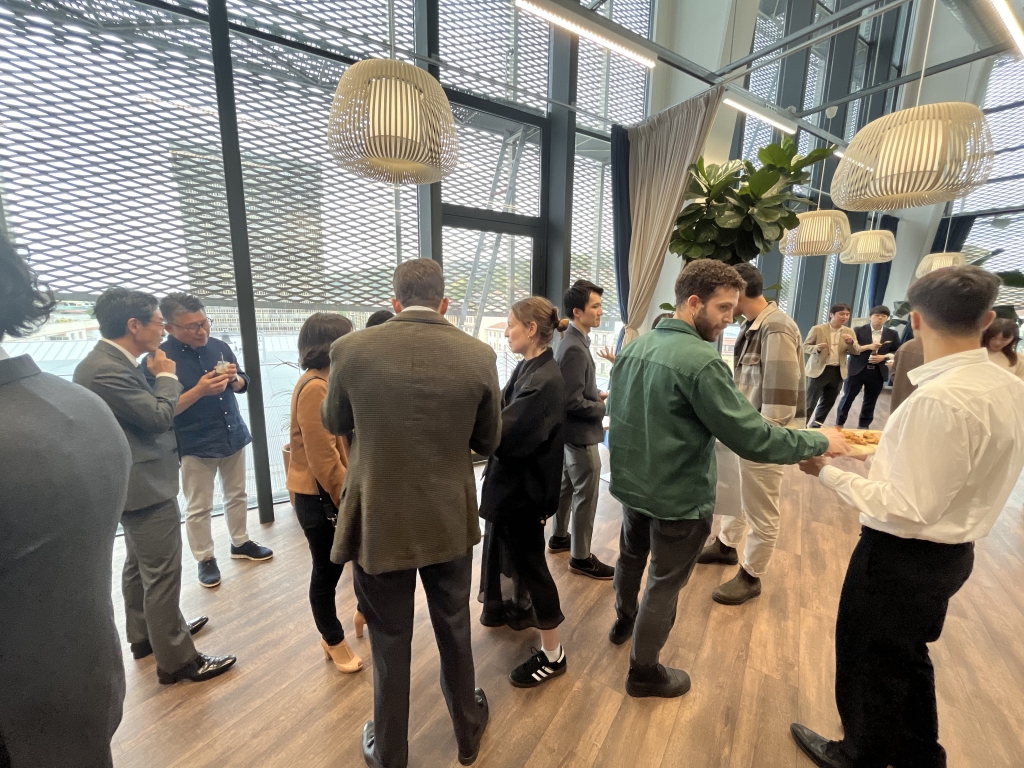
Seeking opportunities to experience the cutting edge of gastronomy science, companies and local governments from all over the world have been visiting BCC in recent years; however, the reality is that a one-time visit is not enough and it is difficult to move on to the next step.
Akihiro SAWADA talked about this challenge, “Some participating companies had visited BCC before. They had access to BCC without going through us; however, they discovered that moving on to the next phase on their own is quite difficult. Our continuous collaboration with BCC means that we receive many requests to use our connection to assist in product development. We are not a consulting company, so we do not seek to profit from such assistance. Rather, we see our role is to provide the space and network that we have and to promote food from Tokyo to the world.”
Through the workshop, each company came to sense the possibility of collaboration with BCC.
One food manufacturer hoping to popularize Japanese seasonings in Europe received advice from BCC about regional differences in taste and spiciness preferences.
“Up to now, the company has conducted market research locally in Europe, carried out test marketing, and then developed products. By co-creating with BCC, which has already worked with many companies in Europe and achieved results, the company sees the potential for new product development,” says Akihiro SAWADA.
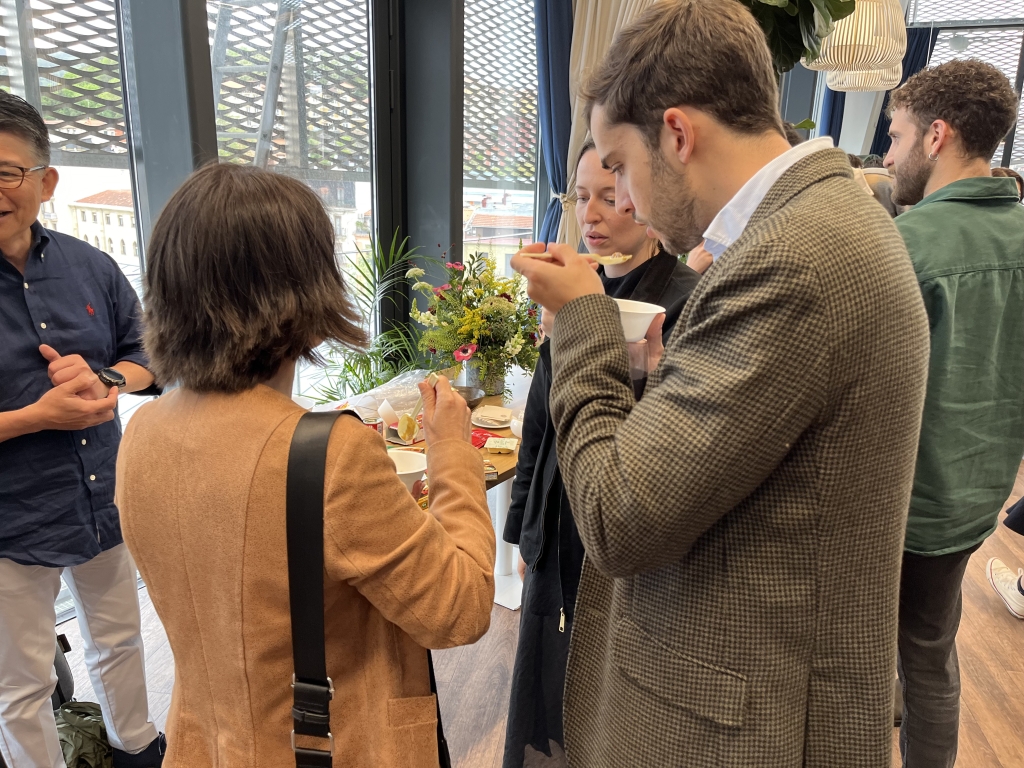
In developing the 3D food printer, those developers in academia had to overcome the issue of gaining acceptance of their product. Yuki YOSHIDA explained, “Of course, they talked about the product, but they also realized the value of being able to better discuss how the 3D food printer could be used and the ultimate destination of development with people working in gastronomy science.”
Government agencies involved in food tech projects also participated in the workshop. Akihiro SAWADA noted, “There are many people at BCC who come from the public sector. We think there is a lot we can learn from them about how to get the government involved. That’s why we had a pitch from the perspective of what the role of the government should be, which led to a lively exchange of opinions afterwards.”
What potential does BCC see in Japan?
Currently, BCC is considering expanding to five continents as part of its global campus concept.
The Tokyo Gastronomy Innovation Campus was chosen as the first step due in large part to the relationship of trust that has been built up with Tokyo Tatemono and TFI.
“BCC also holds an annual international pitch competition for food startups called ‘Culinary Action on the Road by BCC’ with competition rounds in various countries around the world. We have co-hosted it twice in Japan, and we are planning to hold it again this November. When thinking about the future of food, BCC does not just take action on its own, but also seeks innovation by connecting and co-creating with other players. We share a philosophy of co-creating the future of food through open innovation, so we feel that as a partner of BCC, we follow a similar path. In fact, BCC has said that we are a very unique hub on a global scale,” concluded Akihiro SAWADA.
As the next step prior to its opening, the Tokyo Gastronomy Innovation Campus plans to hold a BCC course in November 2024 to learn more about gastronomy innovation. Keep an eye on future developments to see what kind of co-creation will take place between Japanese companies and the BCC.
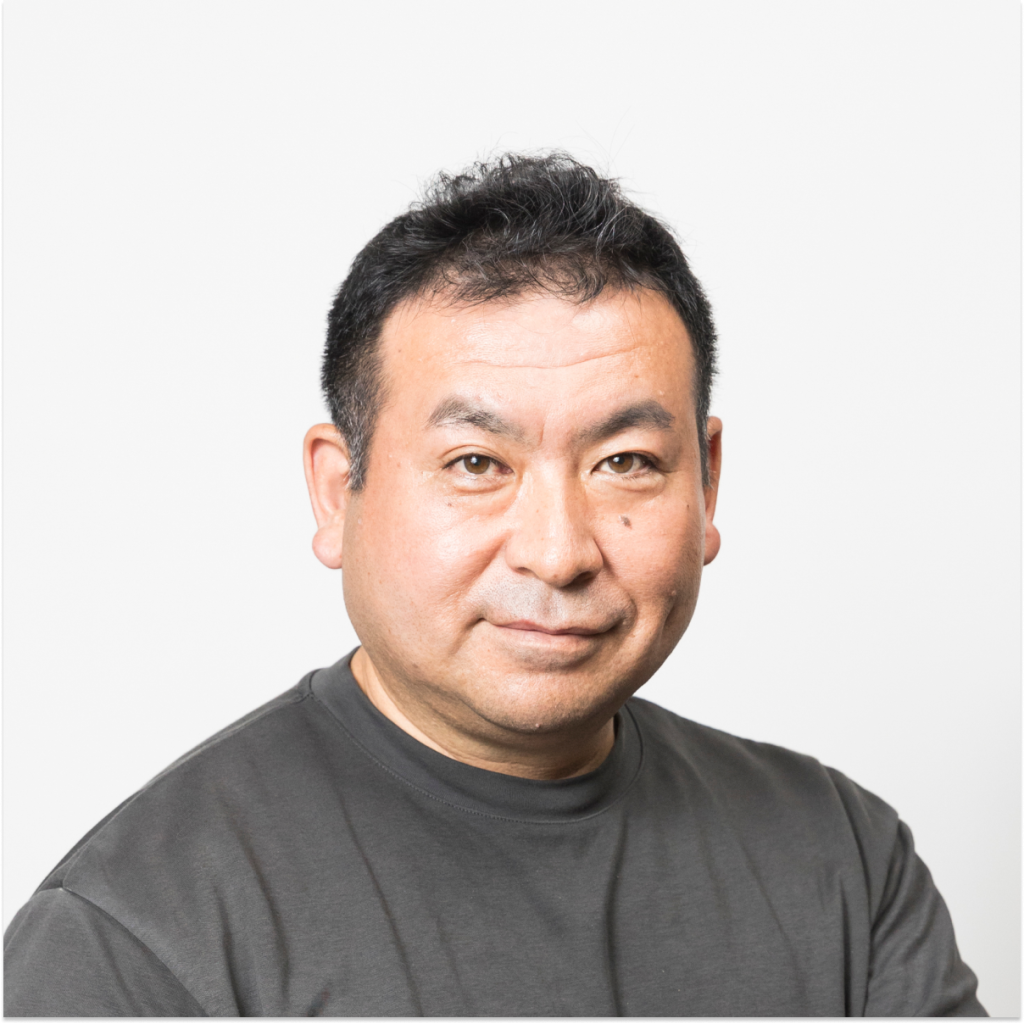
Akihiro “Rocky” SAWADA
Born in Obihiro, Hokkaido. Following graduation from the Faculty of Environment and Information Studies at Keio University, joined the housing business division of Tokyo Tatemono Co., Ltd., and stationed at Tokyo Tatemono in the US, where he was in charge of cross-border transactions of domestic and international real estate. Since 2021, he has been supporting co-creation and innovation with a variety of people centered on FOOD in order to realize a “regenerative” society beyond sustainability from Tokyo.
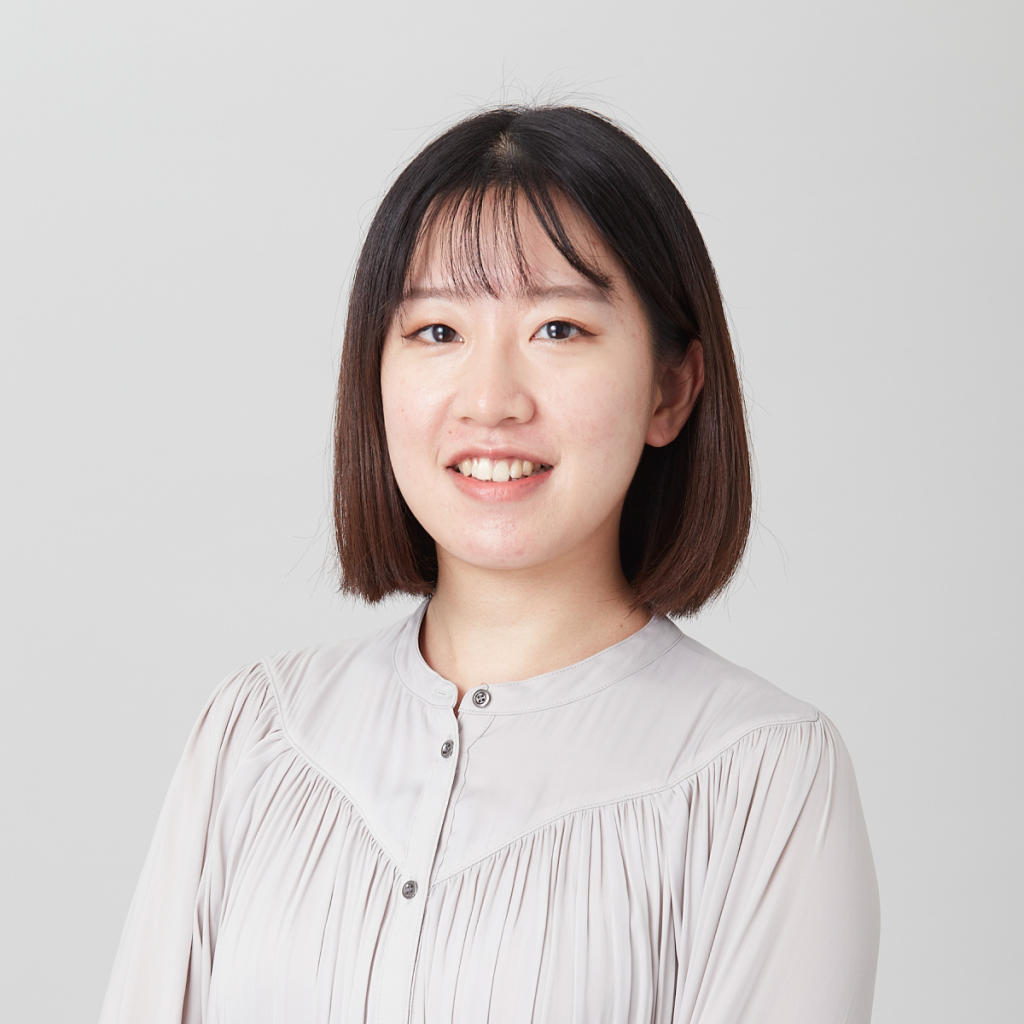
Yuki YOSHIDA
Majored in electronic physics (high frequency circuit theory) at Waseda University’s School of Fundamental Science and Engineering. Joined Tokyo Tatemono Co., Ltd., in 2020. Placed in charge of office building management in the Shibuya and Roppongi areas during the challenging pandemic times of repeated emergency declarations. Conducted demonstration experiments to explore new office building formats and the potential of offices in addition to her property management responsibilities. Joined the TOKYO FOOD INSTITUTE as its secretariat from 2023. Involved in the management of the Future Food Innovation Workshop and Challenge Kitchen, as well as the planning and management of RegenerAction Japan.
Click here for Part 2 of this event report

